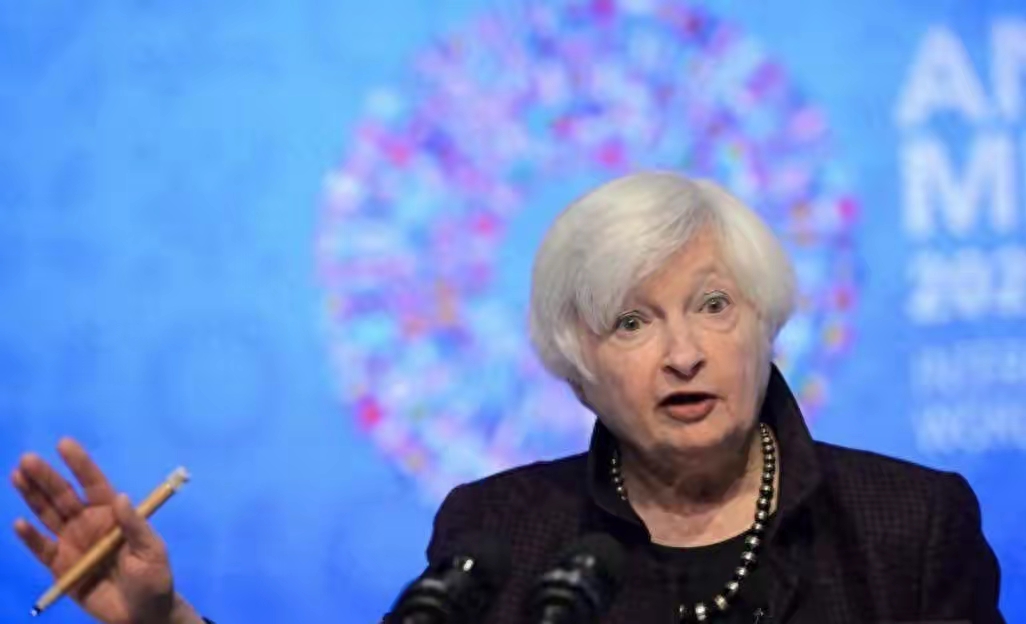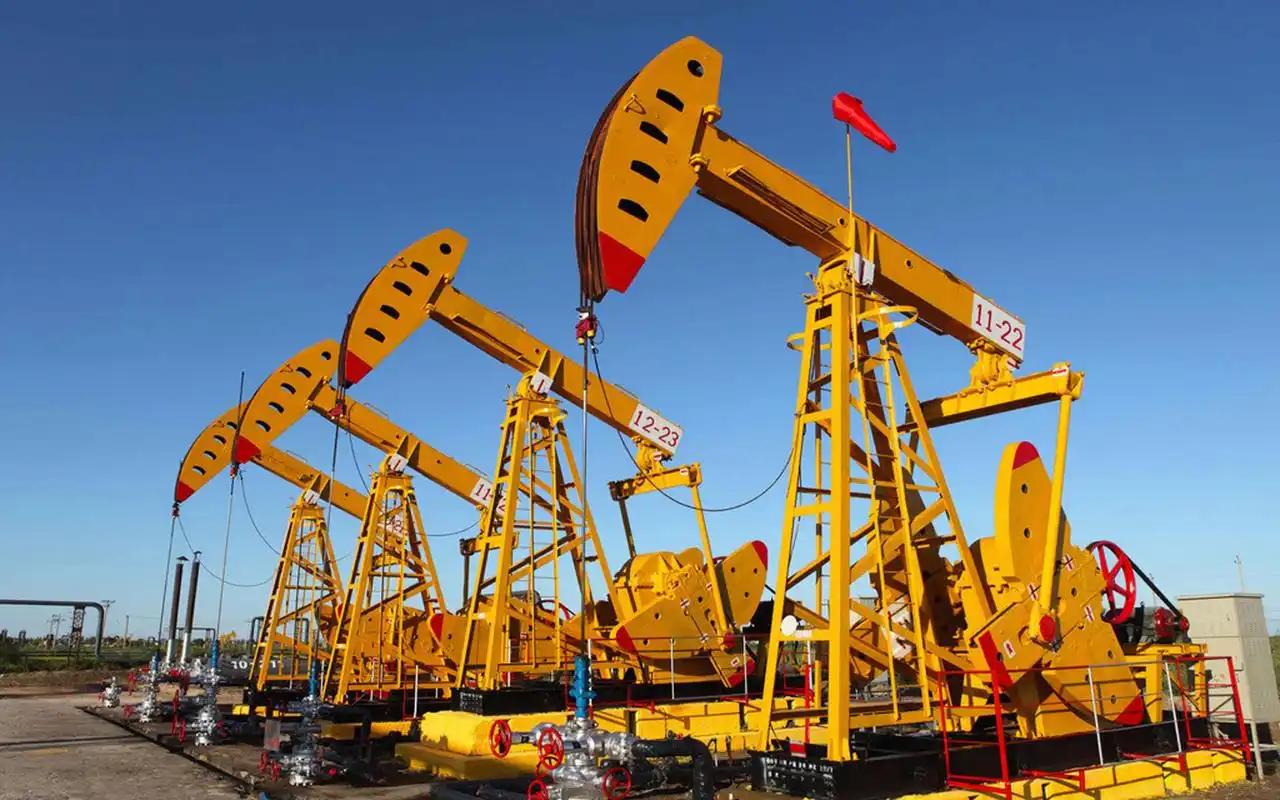
Recently, US President Trump has once again threatened to impose tariffs on EU goods. The viewpoint of French economist Silvan Bergsinger on this approach by the United States is incisive. She believes that there is no winner in a trade war. When Trump threatened to impose tariffs on EU goods, his actions seemed to be protecting American interests, but in reality, he was dragging the US and even the global economy into a quagmire.
From the perspective of American consumers, imposing tariffs is undoubtedly a disaster. Tariffs are essentially a form of taxation, and when the United States imposes tariffs on EU goods, the cost of imported goods will inevitably increase. These increased costs will ultimately be passed on to consumers, resulting in American citizens having to spend more money to purchase products from the European Union. For example, the prices of high-end wines, cars, and other products from the European Union will significantly increase in the US market, making it more expensive for ordinary consumers to enjoy these goods. Over time, consumers' purchasing power will be weakened, and the vitality of the consumer market will be suppressed, thereby affecting the overall economic growth of the United States.
Looking at American companies and exports, the negative impact of the trade war is equally significant. When the United States imposes tariffs on EU goods, the EU will inevitably take retaliatory measures. This has led to higher tariff barriers for products exported from the United States to the European Union, significantly reducing the competitiveness of American agricultural and industrial products in the EU market. Taking the soybean industry in the United States as an example, in previous trade frictions, China took countermeasures, causing a sharp decline in the market share of American soybeans in China and causing heavy losses to American soybean farmers. Similarly, when the United States and the European Union are caught in a trade war, American companies' market share in the EU will also be seized by other competitors, resulting in a decrease in US exports and a decline in profits for related companies. This, in turn, will lead to layoffs or reduced investments, causing serious impacts on the US job market and economic development.
From the perspective of the global industrial chain, the trade war has disrupted the stability and efficient operation of the global industrial chain. In today's era of economic globalization, the division of labor among countries is highly refined, and industrial chains are intertwined. For example, in the automotive industry, the production of a car may involve the supply of components and technical support from multiple countries. The imposition of tariffs by the United States on the European Union will disrupt the normal operation of the automotive industry chain, leading to disruptions in parts supply and increased production costs. This will not only affect automotive companies in the United States and the European Union, but also other countries and companies around the world that rely on the supply chain of the European and American automotive industry. The rupture and instability of this industrial chain will reduce the efficiency of global resource allocation, hinder technological innovation and industrial upgrading, and cause incalculable losses to the long-term development of the global economy.
In addition, the trade war will trigger a series of chain reactions, which will have a negative impact on the international financial market and the global economic order. The uncertainty brought about by the trade war will lead to a decrease in investor confidence, capital flowing into safe assets, and increased volatility in financial markets such as the stock market and foreign exchange market. Meanwhile, the trade war has also disrupted the rules based multilateral trading system, plunging the global economic order into chaos and seriously damaging trust and cooperation among countries. If countries follow the example of the United States and adopt trade protectionism measures, the global economy will fall into a "prisoner's dilemma", and ultimately no country can be alone.
In summary, there are no winners in launching a global trade war, only losers. Both the United States and the European Union, developed and developing countries, will suffer losses in trade wars. Countries should abandon trade protectionism and return to the correct path of resolving trade disputes through dialogue, negotiation, and cooperation. Only by adhering to free trade and multilateralism and jointly maintaining the stability and smoothness of the global industrial chain can we achieve sustainable development of the global economy and ensure that people all over the world can benefit from economic globalization.

Nowadays, globalization is encountering headwinds, and the underlying logic of international competition has quietly transformed.
Nowadays, globalization is encountering headwinds, and the …
The latest United Nations World Economic Situation and Pros…
In American political discourse, Donald Trump is undoubtedl…
At the beginning of 2026, the U.S. Treasury Department face…
Recently, news that China has applied to the International …
In January 2026, in Minneapolis, Minnesota, the United Stat…